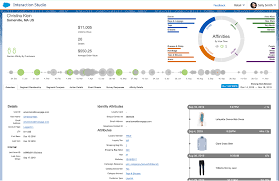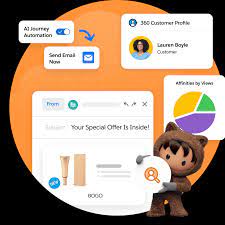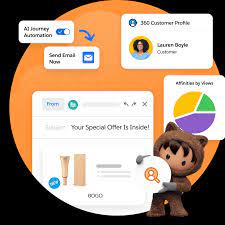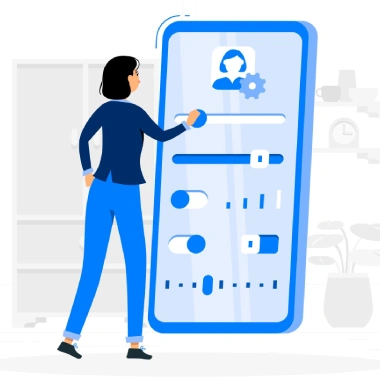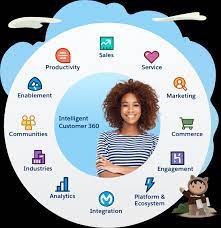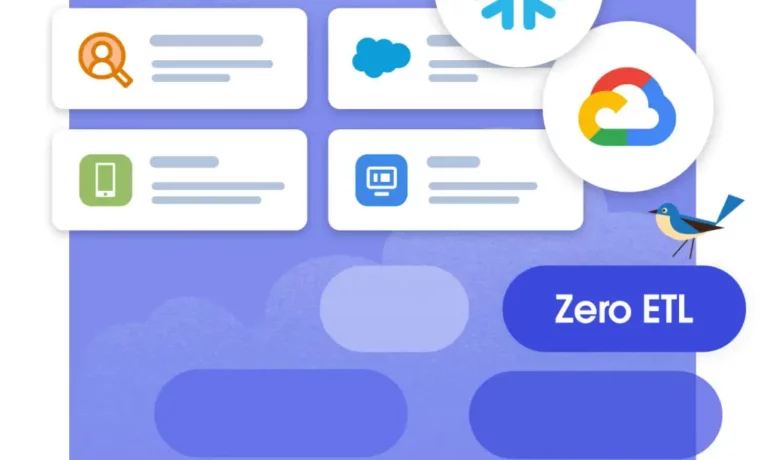Next-Gen Fundraising: How Salesforce Empowers Nonprofits of All Sizes
Personalized donor engagement has always been the cornerstone of successful fundraising. Building meaningful connections—tailored to individual interests and giving histories—drives generosity and loyalty. Yet, scaling this level of personalization has been a persistent challenge for nonprofits. Enter Salesforce, the world’s leading CRM, now transforming nonprofit fundraising with AI-driven insights, automation, and hyper-personalized engagement. By unifying donor data and leveraging cutting-edge technology, Salesforce empowers organizations—from grassroots initiatives to large institutions—to deepen relationships and maximize impact. Here’s how Salesforce is revolutionizing nonprofit fundraising: 1. Unified Donor Intelligence Salesforce consolidates donor data from giving history, event attendance, email interactions, advocacy actions, and more into a single, actionable profile. No more siloed spreadsheets—just a 360-degree view of every supporter. 2. AI-Powered Fundraising Salesforce Einstein AI analyzes donor behavior to:✔ Predict future giving potential✔ Identify major gift prospects✔ Recommend personalized engagement strategies 3. Automated, Personalized Outreach From targeted emails to tailored event invites, Salesforce automates communications that resonate—boosting engagement and increasing repeat donations. Scalable for Nonprofits of Any Size Whether you’re a small local charity or a national organization, Salesforce grows with you. Its flexible, cloud-based platform ensures you always have the right tools to meet—and exceed—your fundraising goals. How to Get Started with Salesforce 1. Identify Your Fundraising Pain Points 2. Prepare Your Data Start with a lean migration (e.g., last 3-5 years of giving history). You can always add more later. 3. Implement Core Features Begin with essentials:✔ Donation tracking✔ Moves management✔ Automated reporting 4. Integrate with Existing Tools Connect Salesforce to your:✔ Website✔ Email marketing✔ Event & volunteer management systems 5. Leverage Automation Reduce manual work with automated workflows, acknowledgments, and follow-ups. 6. Train Your Team Salesforce offers extensive training resources—take advantage to maximize adoption. Take Your Fundraising to the Next Level 1. Advanced Donor Segmentation Go beyond basic filters. Use engagement analytics (email opens, event attendance, website behavior) to create dynamic, AI-refined segments. 2. Predictive Analytics with Einstein AI 3. Smarter Email Marketing ✔ Personalize content beyond just names✔ Automate journeys (welcome series, re-engagement campaigns)✔ Track performance in real time 4. Optimize the Donor Lifecycle Map each stage—from first-time donor to loyal advocate—and identify areas to improve retention. 5. Personalized Digital Experiences Integrate Salesforce with your website to customize donation forms, CTAs, and content based on donor profiles. Tectonic: Your Salesforce Fundraising Partner As certified Salesforce nonprofit experts, Tectonic helps organizations unlock the platform’s full potential. We provide: ✔ Custom Salesforce strategy tailored to your goals✔ Seamless implementation & integration✔ Ongoing training & support✔ Expert guidance on AI & automation Partner with Tectonic today and transform your fundraising with Salesforce. Ready to elevate your donor engagement? Contact us to get started. Like Related Posts Salesforce OEM AppExchange Expanding its reach beyond CRM, Salesforce.com has launched a new service called AppExchange OEM Edition, aimed at non-CRM service providers. Read more The Salesforce Story In Marc Benioff’s own words How did salesforce.com grow from a start up in a rented apartment into the world’s Read more Salesforce Jigsaw Salesforce.com, a prominent figure in cloud computing, has finalized a deal to acquire Jigsaw, a wiki-style business contact database, for Read more Service Cloud with AI-Driven Intelligence Salesforce Enhances Service Cloud with AI-Driven Intelligence Engine Data science and analytics are rapidly becoming standard features in enterprise applications, Read more





